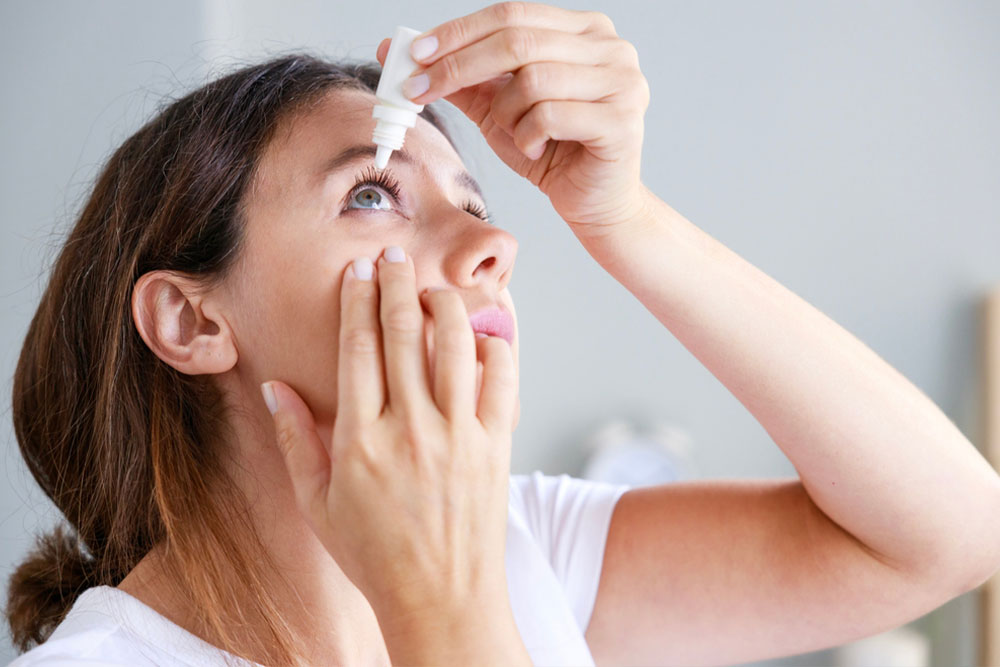
Assoc. Prof. Dr. Serdar ÖZATEŞ
Assoc. Prof. Dr. Serdar ÖZATEŞ

Tear are one of the natural response mechanisms that protect the ocular surface and secreted by the lacrimal glands. Tears are secreted in two ways. The first is the basic tear secretion and is responsible for keeping the ocular surface wet and protecting it. The second is reflex tear secretion and triggered with ocular surface irritated and emotional reactions. Tears form a layer that protects the ocular surface and improves the quality of vision, and the tear layer is refreshed with each eyelid movement.
Dry Eye Disease Symptoms
Dry eye disease may cause symptoms such as burning, stinging, itching, foreign body sensation, dryness, light sensitivity, crusting, and redness. Dry eye disease can also impair the quality of vision.
Causes of Dry Eye Disease
Dry eye disease develops when normal tear secretion decreases or its structure deteriorates. Dry eye disease has multifactorial origin, it occurs as a result of the interaction of some systemic or local ocular diseases with environmental factors.
Dry air, very hot or cold conditions, wind, air-conditioned environments, heated environments, air pollution, spending long periods of time in front of the computer or television, insomnia, and shift work are some environmental factors that trigger dry eye complaints.
Rheumatic diseases, autoimmune diseases, use of medications that reduce tear secretion, and aging can also cause dry eye disease.
Dry Eye Disease Examination
Dry Eye Disease Treatment
Considering multifactorial basis, dry eye disease appears to be with us throughout patient’s lives. After a definitive diagnosis is made, artificial tear drops to be used instead of natural tears are the simplest and easiest way of treatment. Treatment methods vary according to the course of the disease. If necessary, drops containing cortisone and immunomodulatory drugs can be used temporarily. In advanced cases of dry eyes, the tear drainage channels can be plugged to increase the time the tears remain on the surface of the eye.
You can create your appointment from Ophthalmology Specialist Assoc. Prof. Dr. Serdar ÖZATEŞ clinic by filling out the form below.
